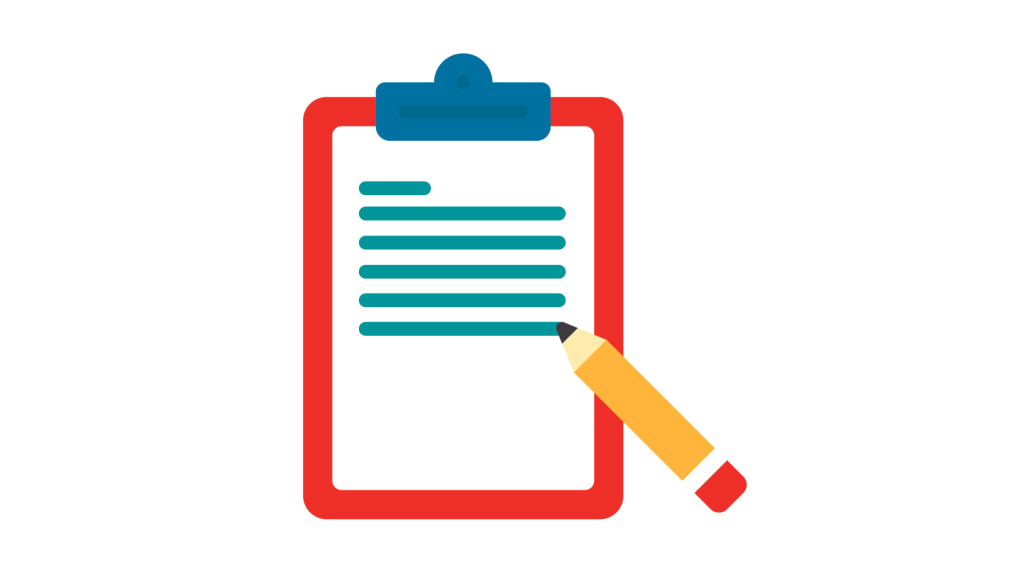How to prepare responses to questions
We suggest types of words you could use and give examples of shorter and longer descriptions.
You might sometimes get asked questions about the way you look. This page is here to help you respond to those questions.
Sometimes people with a scar, mark or condition that affects their appearance ( a visible difference) get asked questions about how they look. You may not mind this too much – but sometimes it might get on your nerves or even upset you. There may be times when you don’t feel like answering at all.
This page is here to help you respond to questions about the way you look. We also have pages explaining how to deal with staring as a young person and offer specific tools to help you cope with other people’s reactions.

It can be helpful to think about what you want to say when you’re on your own or with friends or family. This can help you to feel more confident and ready when you are asked a question. Try thinking about these questions:
It might seem a bit funny to practice responses at first – but if you have them ready and are prepared, this can help you to feel OK about the situation when it happens.
You can decide what to say when someone asks about your appearance – or choose not to reply at all. It’s up to you. Here are some different things you could do:
We suggest types of words you could use and give examples of shorter and longer descriptions.
This is a simple tool to help when you are out in public or with people you don’t know.
It can sometimes be helpful to bring up the subject of your appearance before the other person has had the chance to. This can be particularly useful if you get the feeling the other person is distracted by the way you look. This can help put you in control. It means you can get a difficult conversation over with and move on to a different topic. There are a few ways you can go about it:
It’s worth remembering that if you take this approach, the other person may think it’s OK to ask more questions. If they do this and you don’t want to have a conversation about your appearance, you could say, “Thanks for asking, I’d rather not talk about it right now.”
You don’t have to engage at all. If the other person is asking you lots of questions and it all feels too much, you can take yourself out of the situation. If you’ve told them that you don’t want to talk about your appearance and they carry on asking questions, walking away might be the best thing to do.
You can just leave if you want to – you don’t have to explain yourself. It can be helpful to say something like:
Saying something like this may help give you a sense of closure – a feeling that you’ve brought the conversation to an end. It also lets the other person know that their questions are not acceptable. You can also use some of our other tools to help you manage your feelings and reactions.
Use this tool if you're feeling anxious or getting upset at people's reactions
This is a simple, quick way to get help you deal with unwanted attention.
People usually say hurtful things by accident but sometimes on purpose. Have a look at our guide on how to respond.
We’ve brought together five tools to help you feel more confident. Give them a try and see if any of them help.